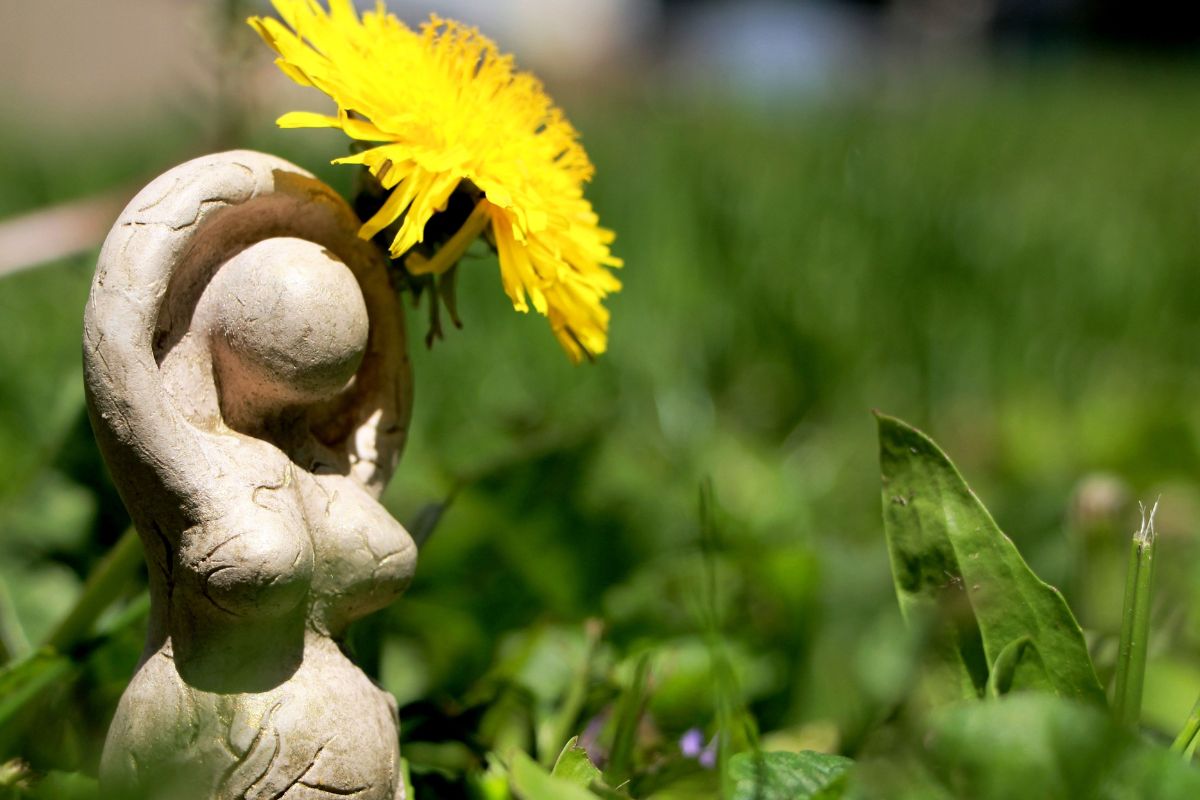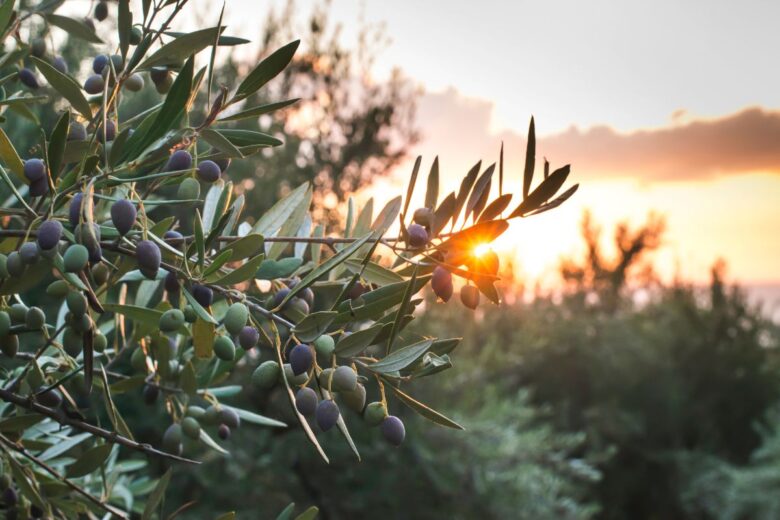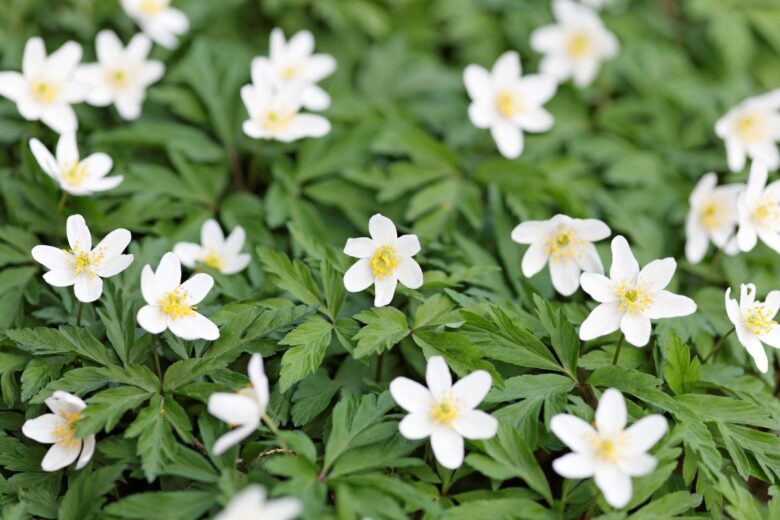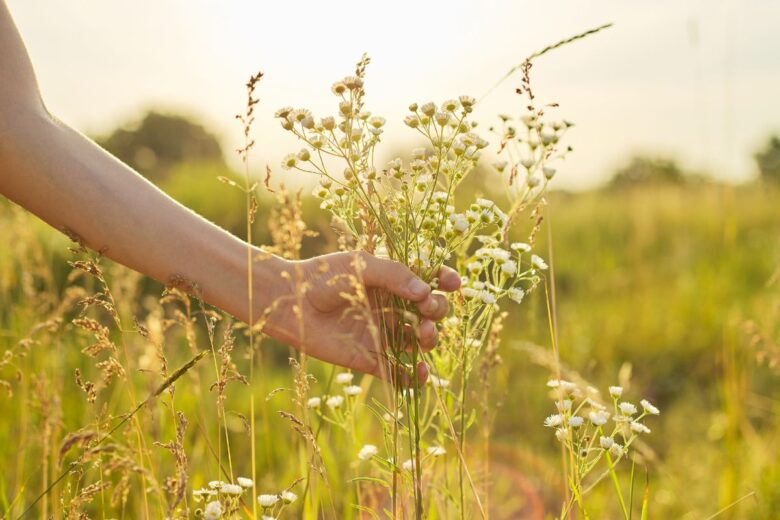Celebrating the Divine Feminine: Floral Tribute for International Mother’s Day

This International Mother’s Day, let us explore how the divine feminine energy is celebrated through Greece’s most cherished blooms, embodying the spirit of femininity and the nurturing essence of Mother Earth.
In the realm of symbolic expressions, flowers have long been esteemed not just for their beauty but also as vessels of profound meaning. Greece, with its rich botanical tapestry and deep cultural heritage, offers unique floral insights that resonate with themes of femininity and maternal love.

The Essence of Feminine Energy in Greek Flora
Greek mythology and cultural narratives are steeped in references to the divine feminine, with many deities and mythological figures represented by particular plants and flowers. These botanical symbols extend beyond mere decoration, encapsulating the strength, grace, and complexity of feminine energy.
Roses: The Quintessence of Feminine Grace
The rose, globally emblematic of love and beauty, holds a place of honor in Greek lore. Associated with Aphrodite, the goddess of love, roses symbolize the timeless beauty and enduring strength of the divine feminine. On International Mother’s Day, a bouquet of roses is not just a gift but a profound homage to the feminine energy that nurtures and sustains life.
Lavender: Serenity and Wisdom
Olive: Eternal Feminine Strength
The olive tree, a vital emblem of Greek heritage, symbolizes peace and resilience. People often give olive branches as gifts to represent the strength and endurance of motherhood. Its robust nature and the longevity of the olive tree echo the enduring aspect of divine feminine energy, making it a perfect symbol for celebrating maternal figures.

Myrtle: The Bloom of Goddesses
Myrtle, associated with Aphrodite and Hera, represents love and immortality. Its delicate white flowers and aromatic leaves were traditionally used in ancient Greek wedding ceremonies to honor the purity and eternal nature of love, reflecting the nurturing qualities of the divine feminine.
Anemone: Protection and Anticipation
Linked to the arrival of spring and the tale of Adonis and Aphrodite, the anemone speaks to the protective nature of feminine energy. Its vibrant petals stand for the anticipation and renewal that are central to motherhood, making it an ideal choice for celebrating International Mother’s Day.
Chamomile: Healing and Motherly Care
Chamomile, often used in traditional Greek remedies, symbolizes healing and care. Its gentle, nurturing essence is reminiscent of a mother’s comforting embrace. Making it an ideal symbol for expressing gratitude and love on Mother’s Day.
Cyclamen: Sincere Devotion
In Greek tradition, people consider cyclamen as flowers of sincere devotion and departure. Given during times of parting or significant transitions, cyclamen represent the unspoken bond and resilient love between a mother and her children. Highlighting the selfless nature of divine feminine energy.

Rekindling Maternal Bonds with Nature’s Blossoms
Flowers do more than add beauty to our lives; they are profound communicators of life’s most significant emotions and values. By choosing flowers associated with the divine feminine, we celebrate the women in our lives. We also reconnect with the natural world. Acknowledging the deep roots of femininity embedded in the earth itself.
The Divine Feminine on Mother’s Day
As we celebrate International Mother’s Day, let us reflect on the powerful symbols provided by Greece’s rich flora. Each flower, with its unique story and significance, weaves into the broader narrative of femininity and maternal love. By embracing these symbols, we honor the women in our lives. We also engage with the deeper currents of divine feminine energy that flow through our natural and mythological landscapes. Whether through giving flowers or sharing stories, we should continue to nourish the roots of femininity. These roots support and enrich our collective existence.
